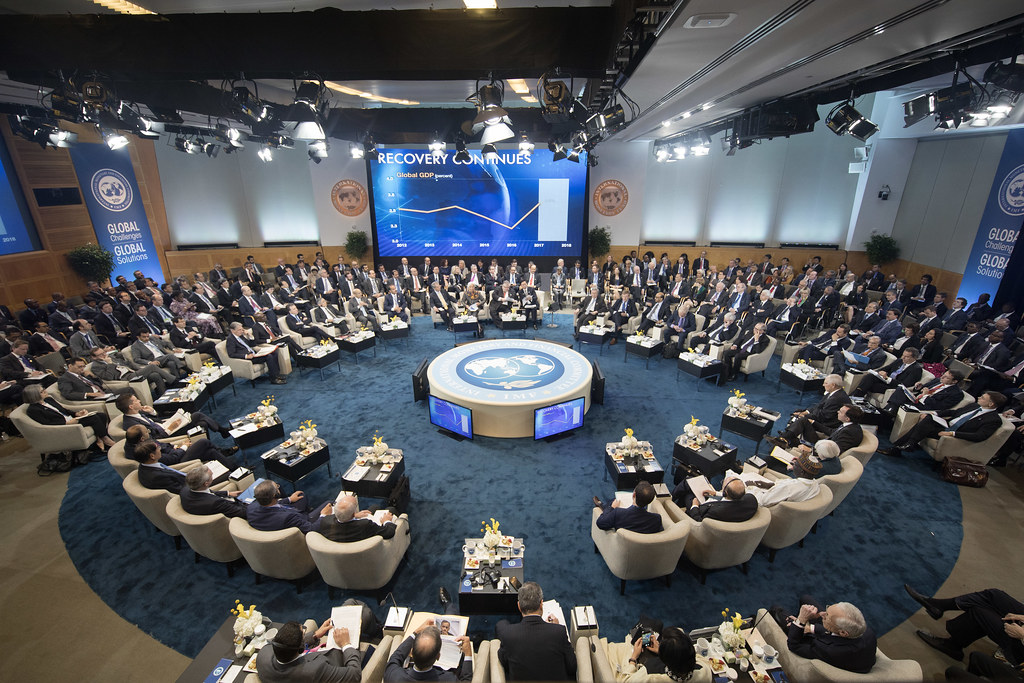Pakistan is seeking IMF fresh bailout package in spring meeting
Pakistan’s decision to seek a fresh bailout package from the International Monetary Fund (IMF) during the upcoming spring meetings of the Bretton Woods Institutions has raised questions and concerns about the country’s economic situation and the need for external financial support.
The country’s economy has been facing numerous challenges, including a widening current account deficit, dwindling foreign exchange reserves, and rising public debt. The impact of the COVID-19 pandemic has further exacerbated these problems, leading to a sharp decline in economic growth and mounting pressure on the country’s fiscal position.
The country’s economy has been facing numerous challenges, including a widening current account deficit, dwindling foreign exchange reserves, and rising public debt.
In light of these challenges, Pakistan has decided to formally approach the IMF for a medium-term Extended Fund Facility (EFF) during the upcoming spring meetings in Washington D.C. This decision comes as the country’s government seeks to address its financial vulnerabilities and stabilize its economy through external assistance.
The size and duration of the upcoming bailout package will be determined by the IMF’s review mission, which is expected to hold talks with Pakistani officials to finalize the major contours of the program. It is anticipated that the EFF could be augmented through climate finance, with the possibility of securing a $6-$8 billion program to support Pakistan’s efforts in combating climate change and its adverse effects.
Pakistan’s delegation, led by the Minister for Finance, will present its case before the IMF management, highlighting the country’s urgent need for support in the face of severe climate degradation and its impact on the economy. The government will argue that Pakistan deserves assistance from the international community and donor agencies to mitigate the effects of climate change and ensure sustainable economic growth.
The decision to seek a fresh bailout package from the IMF underscores the government’s commitment to addressing the country’s economic challenges and implementing structural reforms to improve fiscal sustainability and promote inclusive growth. However, it also raises concerns about the country’s ability to repay its external debt and the potential impact of the IMF program on the economy and the livelihoods of its citizens.
Overall, the decision to seek IMF assistance reflects Pakistan’s recognition of the need for external support to stabilize its economy and address the challenges posed by climate change. As the country prepares to engage with the international community during the upcoming spring meetings, it remains to be seen how the IMF will respond to Pakistan’s request and what the implications of the bailout package will be for the country’s economic future.



